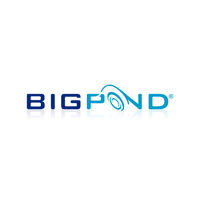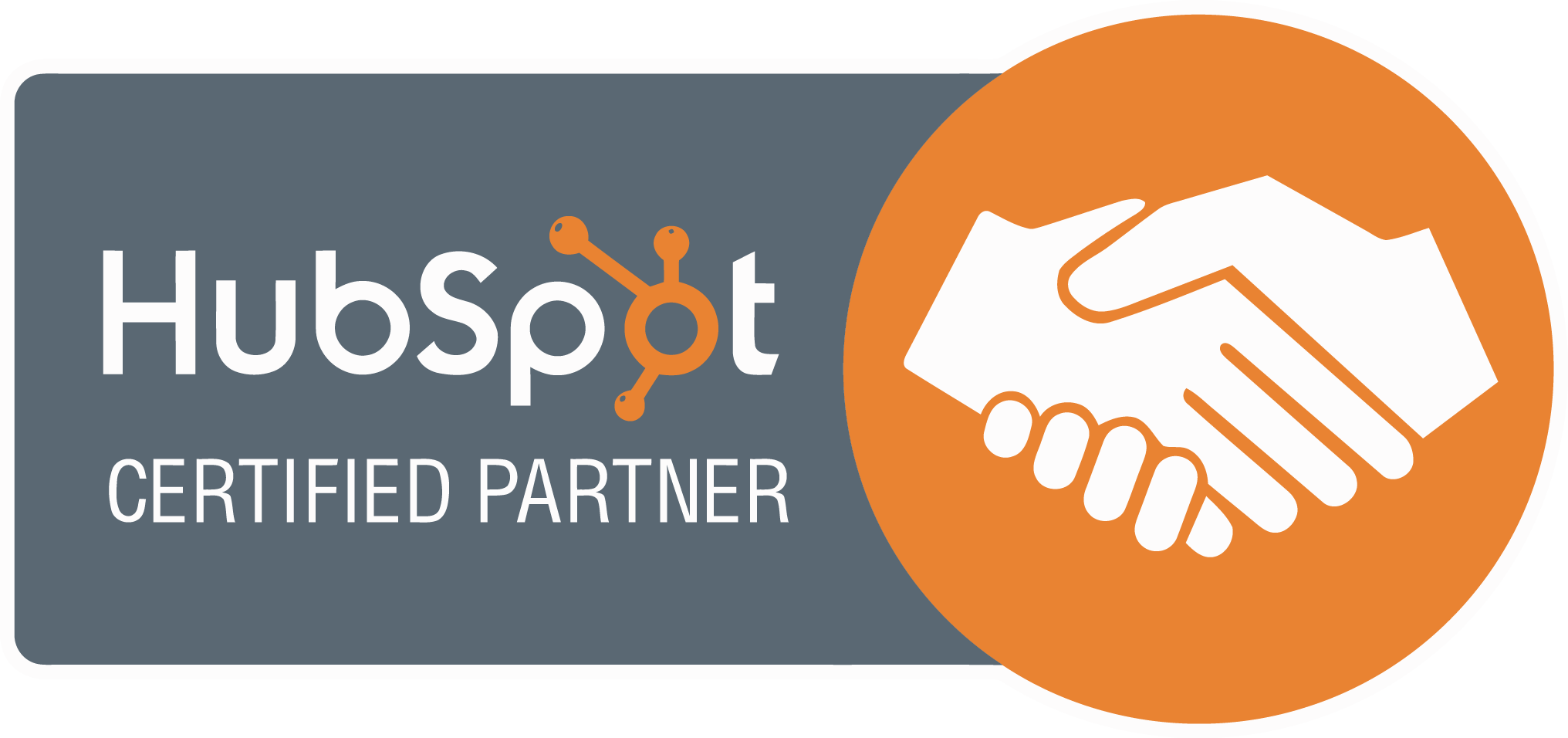If you’ve ever ventured into the realms of search engine optimisation (SEO), you’ve probably encountered the term “canonical tags.” Canonical tags are pivotal in guiding search engines to the preferred version of web content, making them an indispensable tool for managing duplicate content and enhancing SEO efforts.
We delve into the intricacies of canonical tags, their significance in digital marketing and best practices for implementing them effectively.
The Basics of Canonical Tags
Canonical tags, also known as the rel=canonical tag, are HTML elements used to resolve issues related to duplicate content. These tags are employed to communicate to search engines that a specific URL represents the master copy of a web page, thereby consolidating the ranking signals for duplicate or similar content.
By specifying the canonical URL, you can steer search engines in the right direction, ultimately consolidating the indexing properties of the duplicate pages. This can help prevent issues such as content duplication.
Best Practices for Canonical Tag Implementation
When you’re optimising your website and looking at implementing canonical tags, it’s best to follow what’s generally considered best practice. Firstly, conducting a full audit of your website is essential to identify duplicate content instances. Once identified, assign the preferred version of the content and insert the rel=canonical tag within the HTML of the non-canonical pages, pointing to the canonical URL.
Additionally, ensure that the canonical tags are implemented consistently and accurately across various content types, including product pages, category pages and blog posts.
Regular monitoring and maintaining canonical tags can address any changes or updates to the website’s content structure.
What Canonical Tags Do in SEO
From an SEO perspective, canonical tags wield significant influence in streamlining the indexing and ranking process. By consolidating ranking signals to the preferred URL, canonical tags help search engines understand the primary source of content, thereby preventing the scattering of ranking authority across duplicate pages. This, in turn, can lead to improved crawl budget allocation, enhanced organic search visibility and reduced likelihood of incurring duplicate content penalties.
When leveraged adeptly, canonical tags can fortify your website’s SEO foundation and amplify its potential for organic search success.
What Canonical Tags Do for User Experience and Site Performance
In addition to their SEO implications, canonical tags also play a crucial role in enhancing user experience and site performance. By consolidating ranking signals and directing search engines to the preferred version of content, canonical tags contribute to a more organised and seamless user experience.
When users encounter a streamlined and uncluttered content landscape, they’re more likely to engage with the website and explore its offerings. Furthermore, by reducing duplicate content, canonical tags can make it easier for users to understand the website’s content – an important factor for user engagement and retention!
Canonical Tags and Ecommerce: Navigating Product Variants and Faceted Navigation
In the ecommerce sphere, canonical tags emerge as a critical ally in managing the proliferation of product variants and faceted navigation. Ecommerce websites often grapple with duplicate content challenges from similar product listings with slight variations.
Canonical tags provide a potent remedy by signalling the primary product page to search engines, thereby consolidating ranking signals and averting the pitfalls of content dilution. Moreover, when confronted with faceted navigation, wherein users can filter products based on various attributes, canonical tags enable ecommerce sites to wield control over the indexing and ranking of filtered pages, facilitating a more focused and efficient indexing process.
Future Considerations and Evolving Best Practices for Canonical Tag Usage
As the digital landscape evolves and search engine algorithms advance, the nuances of canonical tag implementation are subject to refinement and evolution. In the future, the effective use of canonical tags may extend beyond conventional web content to encompass emerging formats such as dynamic rendering, JavaScript-heavy websites and non-HTML content. Furthermore, the connection between canonical tags and other directives, such as hreflang tags and noindex directives, is poised to become increasingly intricate, making them an important part of technical SEO.
Canonical tags are an important aspect of SEO, offering a potent solution for managing duplicate content issues and maximising the efficacy of search engine ranking signals. By implementing canonical tags, you can boost your SEO efforts, safeguard against duplicate content issues and improve your website’s presence in search results listings. Contact us today to get on top of canonical tags for yourself!








